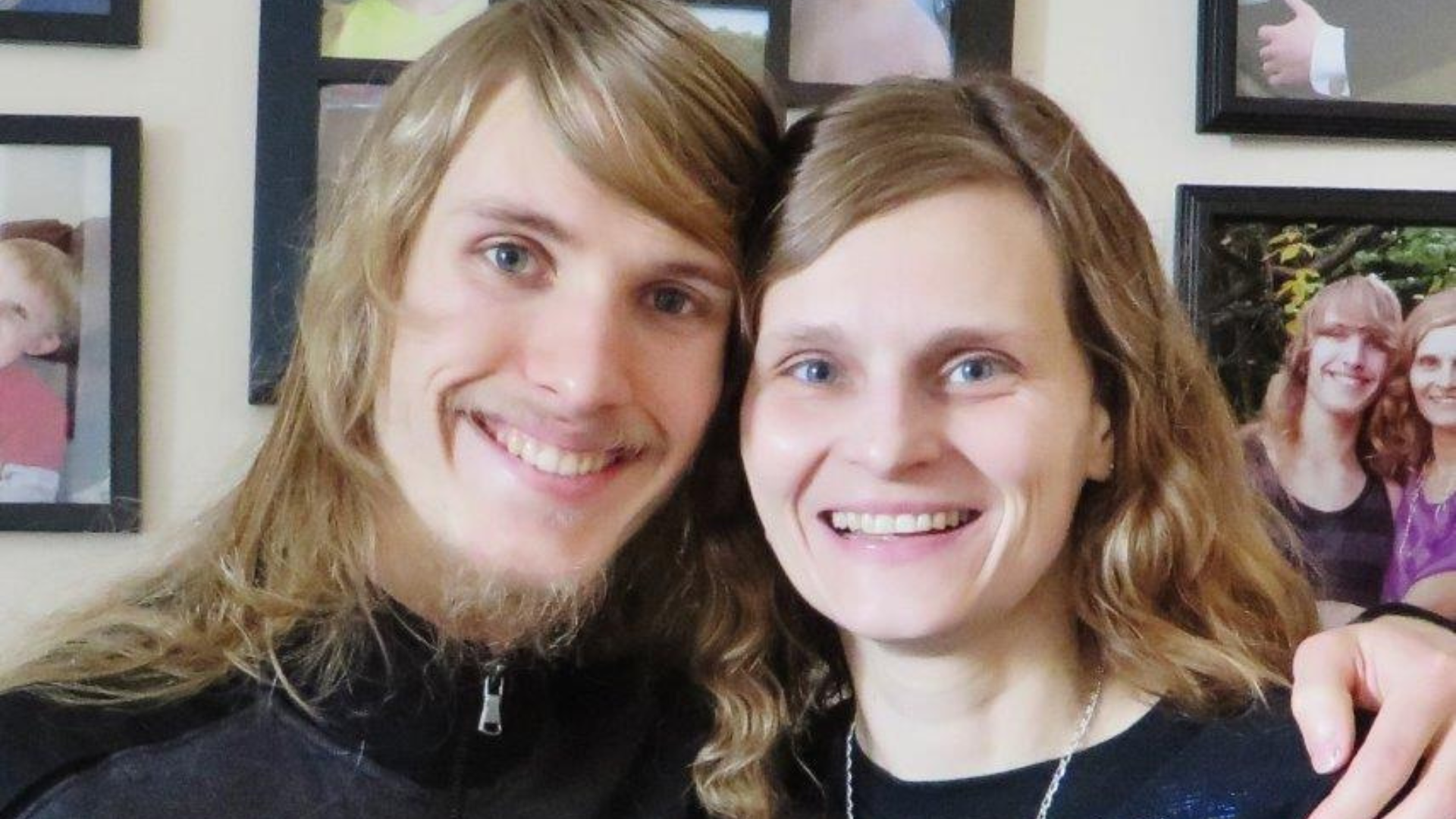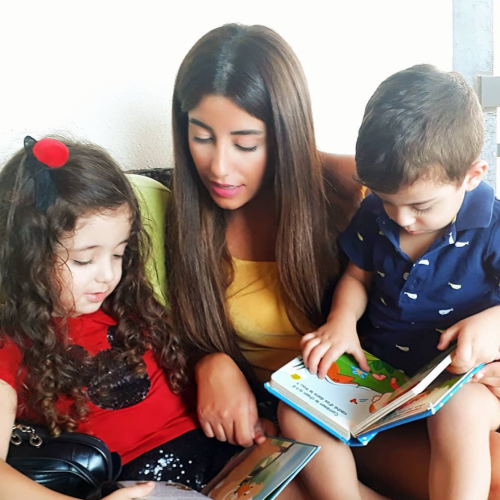
Let’s stop using euphemisms. Let’s stop pretending this is something gentle, harmless, or minor. Circumcision is not just a “snip”—it is the forced surgical amputation of a normal, functioning part of a child’s body.
And that child can’t fight back.
The Foreskin Is a Functional Organ—Not a Defect
Despite what cultural narratives or outdated textbooks might have led us to believe, the foreskin is not a mistake of nature or a redundant flap of flesh that somehow snuck its way past evolution. It is, in fact, a highly sophisticated anatomical structure that serves multiple vital functions from birth through adulthood.
The foreskin protects the glans (the head of the penis) from friction, drying, and injury; it maintains optimal sensitivity by shielding delicate nerve endings; and it provides natural lubrication that aids in sexual function later in life. With more than 20,000 specialized nerve endings, the foreskin is among the most innervated parts of the human body—making its removal far more than cosmetic.
To amputate it is to rob a child of a body part he will never get back—and of experiences he will never know he missed until it’s too late.
“Routine” Doesn’t Mean Right
In the United States, circumcision is often referred to as “routine,” which has become a dangerously effective way to lull parents into believing it is necessary, harmless, and expected.
If this procedure truly provided substantial, medically necessary benefits, wouldn’t it be done universally, regardless of gender, geography, or social class? Wouldn’t we also consider removing healthy body parts from baby girls or boys to prevent future infections? The answer is obvious—and yet somehow, when it comes to foreskin, we suspend reason.
The truth is that every claim used to justify routine infant circumcision—reduced infections, easier hygiene, lower STI risk—either grossly exaggerates the benefits, ignores the risks, or proposes a solution for a problem that could be solved much more easily with basic education and hygiene.
The Hidden Pain—Physical, Psychological, and Permanent
What rarely gets mentioned in hospital brochures or pediatric “wellness” visits is the very real pain and lifelong consequences that can result from circumcision. This procedure isn’t a clean or risk-free cut—it can lead to immediate complications like bleeding, infection, adhesions, improper healing, and surgical error. Worse, some of these issues don’t present themselves until years later.
Circumcision can also result in meatal stenosis, a painful narrowing of the urethral opening that sometimes requires further corrective surgery. And while defenders of the practice like to argue that “babies don’t remember,” neuroscience tells a different story: infants do feel pain, deeply, and studies show long-term alterations in stress response, cortisol levels, and neural processing as a result of early trauma.
This is a pain that imprints on the nervous system.
This is a trauma that gets buried deep—and sometimes resurfaces later in life as shame, anger, grief, or disconnection.
The Loss That Can’t Be Measured
Men who undergo foreskin restoration later in life often speak of a profound sense of loss they didn’t fully understand until they began reclaiming some part of what was taken from them. Many report increased sensation, improved sexual function, and a greater sense of bodily wholeness—but even with years of commitment, restoration can never fully replicate what was removed in infancy.
Because what was taken was not just tissue. It was autonomy. It was choice. It was a future experience that should have belonged to the man, not the parent or the doctor.
“He Won’t Remember It Anyway”
This line is tossed around so often it’s practically a script. But imagine applying it anywhere else.
Would we justify physical harm to a sleeping child simply because they wouldn’t remember it? Would we allow dental work, surgery, or even cosmetic changes without consent—simply because they won’t recall the moment?
A lack of memory does not erase harm. It does not restore what was taken. And it certainly doesn’t justify the pain or the permanent consequences.
Your child may not remember the moment he was strapped down.
But he will grow up and feel the aftershocks of your decision.
He may grieve the loss of what he never got to know.
He may wonder why no one protected him.
And if he learns what the foreskin was, what it did, and what it meant—he may not blame the doctor. He’ll look to the one who signed the consent form.
“I Want Him to Look Like His Dad”
At first glance, this reasoning might sound benign. But when we stop to unpack it, it’s deeply unsettling.
Your child is not a replica. He is not a legacy penis. He is not a symbol of sameness. He is a whole, living, breathing, evolving human being with the right to develop into his full self, regardless of whether that matches someone else’s body.
We do not remove our daughters’ labia to match their mothers’.
We do not amputate healthy tissue on any other part of the body to achieve visual uniformity with a parent.
Why is the penis treated differently?
And if you dig even deeper, this logic often masks unprocessed grief or anger in circumcised fathers who were never given the chance to stay whole. But perpetuating harm to match a prior harm doesn’t heal it. It continues the cycle—and it passes the pain down.
You don’t need to make your son look like you.
You need to make him feel safe, whole, and loved.
“It’s Just Easier”
Of course it is. So is letting him cry himself to sleep. So is giving him screens instead of stories.
But that’s not why you became a parent.
You became a parent to protect, to nurture, to defend.
And caring for an intact penis is not hard. It does not require special cleaning. It does not demand retraction, sterilization, or excessive handling. The care guide is shockingly simple:
Leave it alone.
Don’t pull it back. Don’t clean under it. Let him grow into his body naturally.
You Can Stop the Cycle
Maybe you didn’t know. Maybe you already signed the form once. Maybe your husband is circumcised and doesn’t see the harm. Maybe you’re scared to go against family pressure, cultural norms, or outdated expectations.
But here you are. Reading this. Feeling a knot in your stomach. A twist of doubt. A sense that this might matter more than you thought.
That feeling? That’s your instinct. That’s your wisdom. That’s your opportunity to do something different.
You don’t have to keep the pattern going.
You can break it.
You can be the first to say: “This ends with me.”
A Legacy of Wholeness
Someday, your son will have a voice. He’ll ask questions. He’ll reflect. He’ll want to understand the choices that were made on his behalf.
He will thank you for many things: the sacrifices you made, the love you gave, the ways you showed up. But he may especially thank you for this—for being the parent who protected his right to make his own choices about his own body.
Because no matter what anyone tells you, no matter what forms they hand you in the hospital, no matter how common circumcision seems:
There is no medical reason.
There is no urgent need.
There is no consent.
And that consent? It belongs to him.
Let him stay whole. Let your love be enough.






No Comments